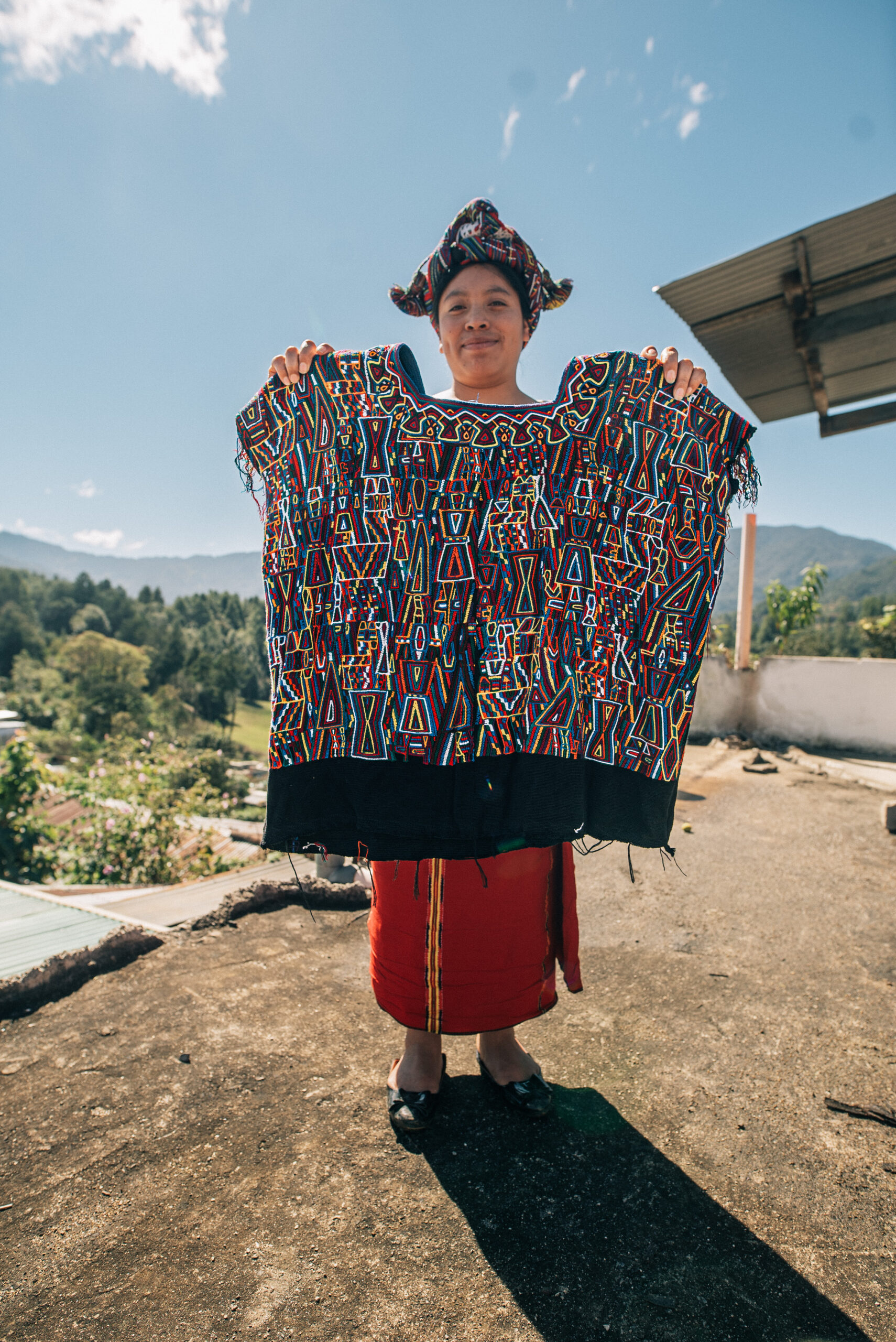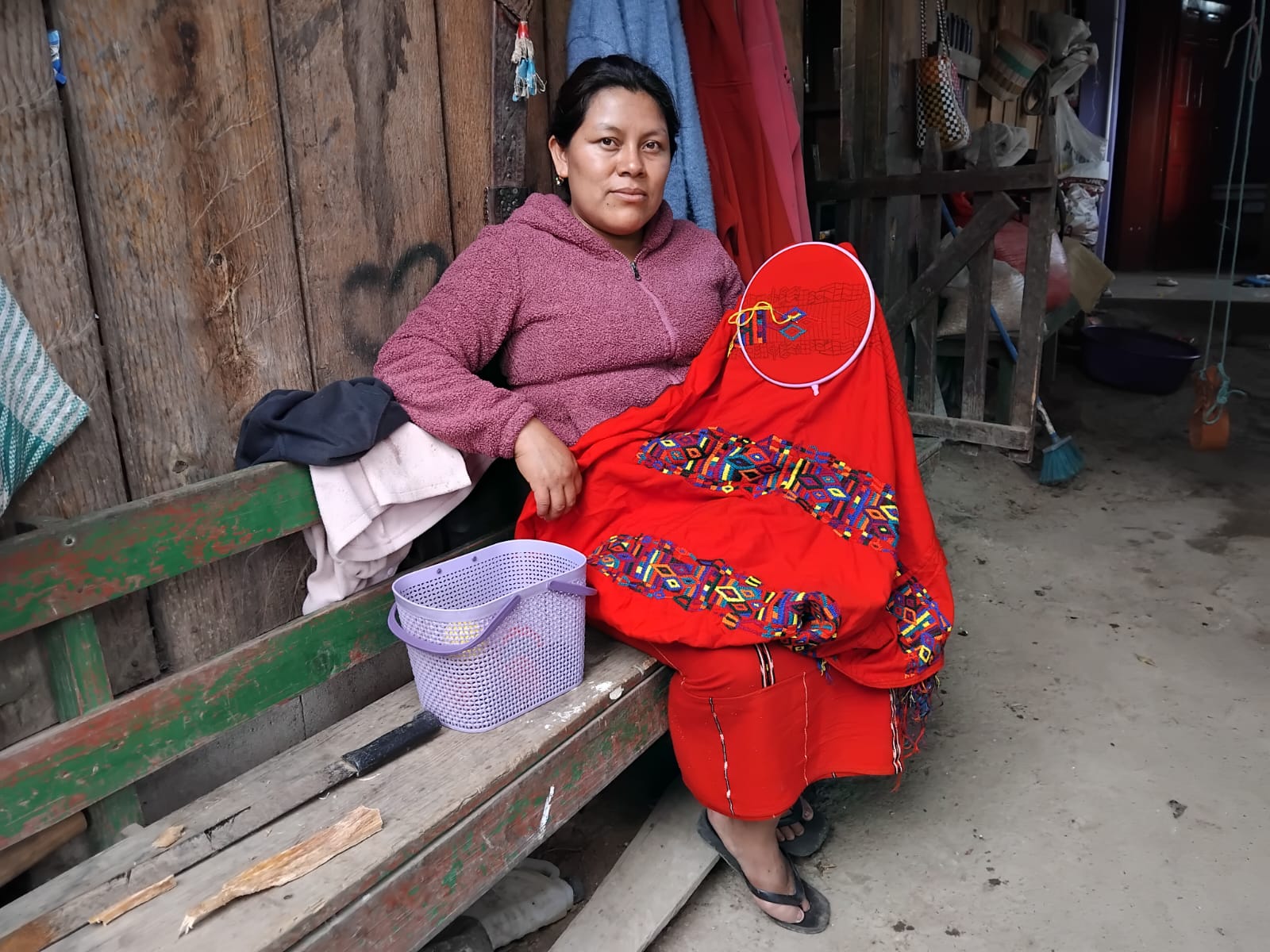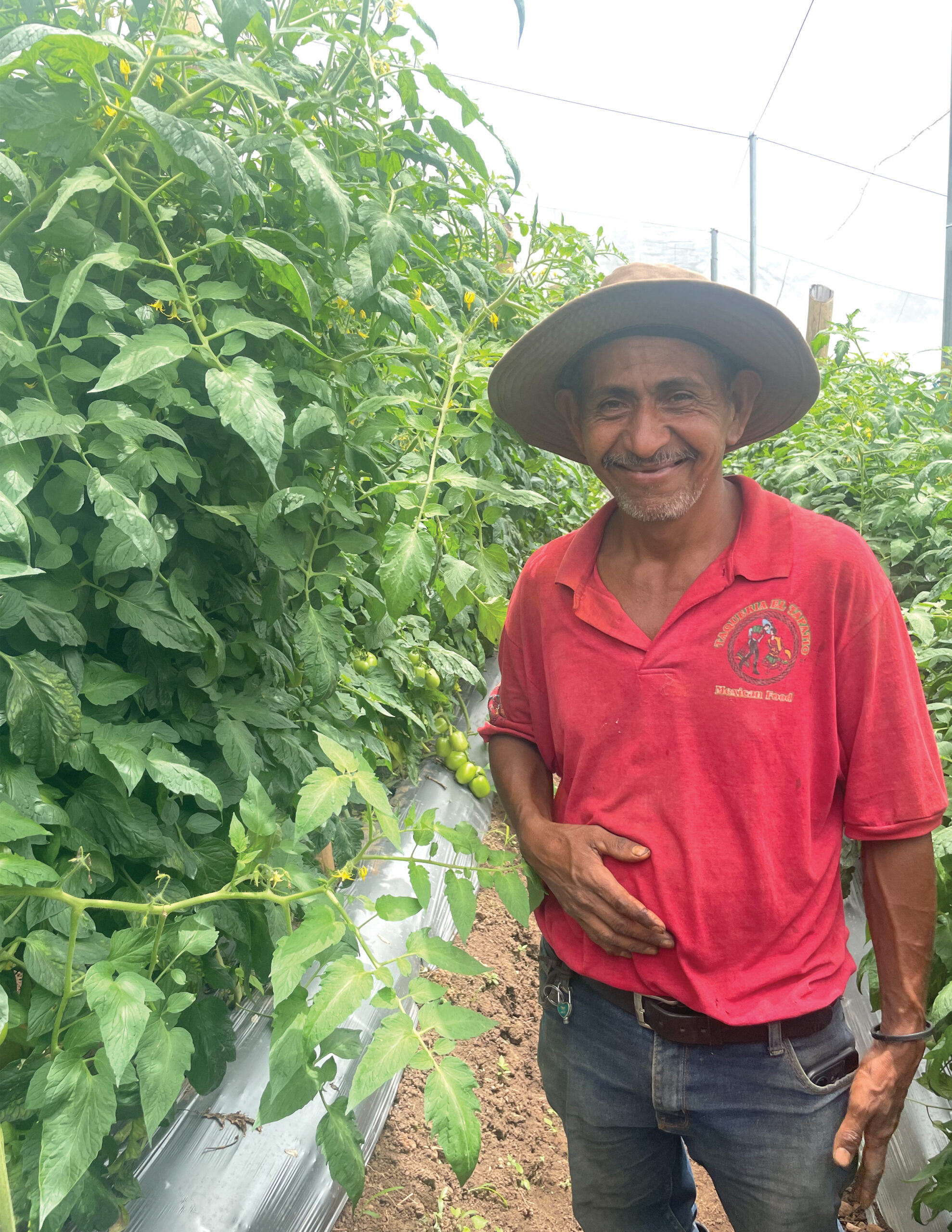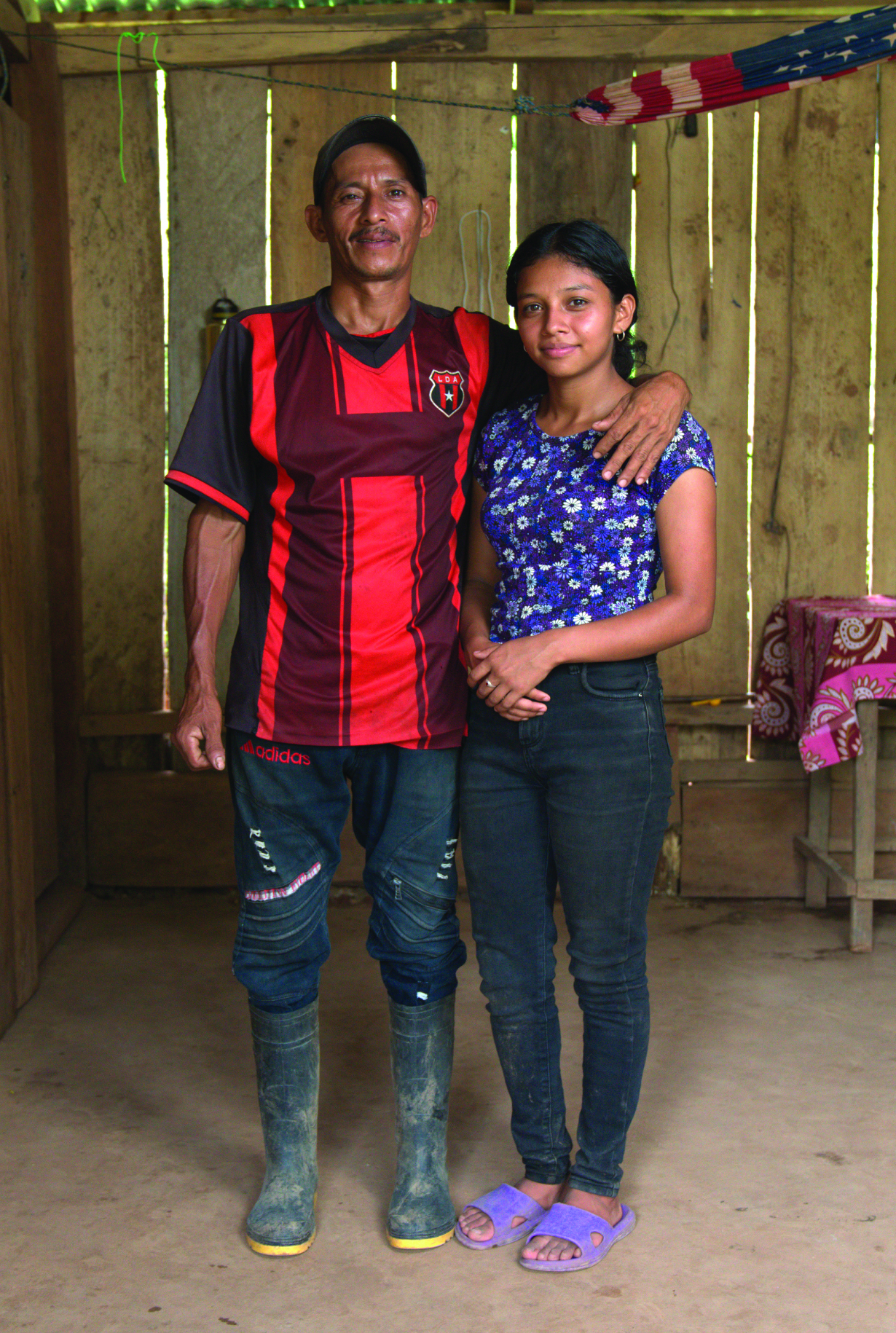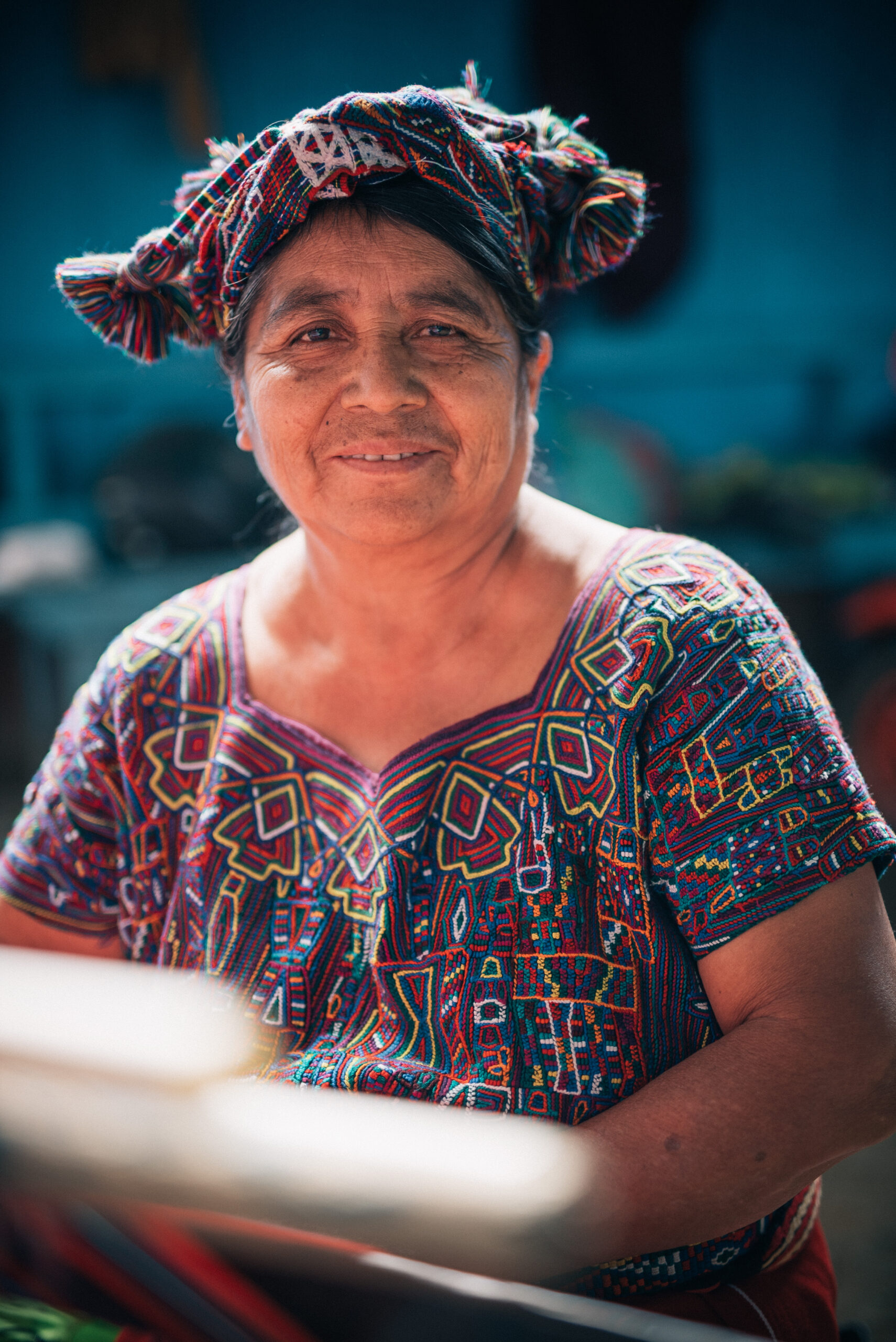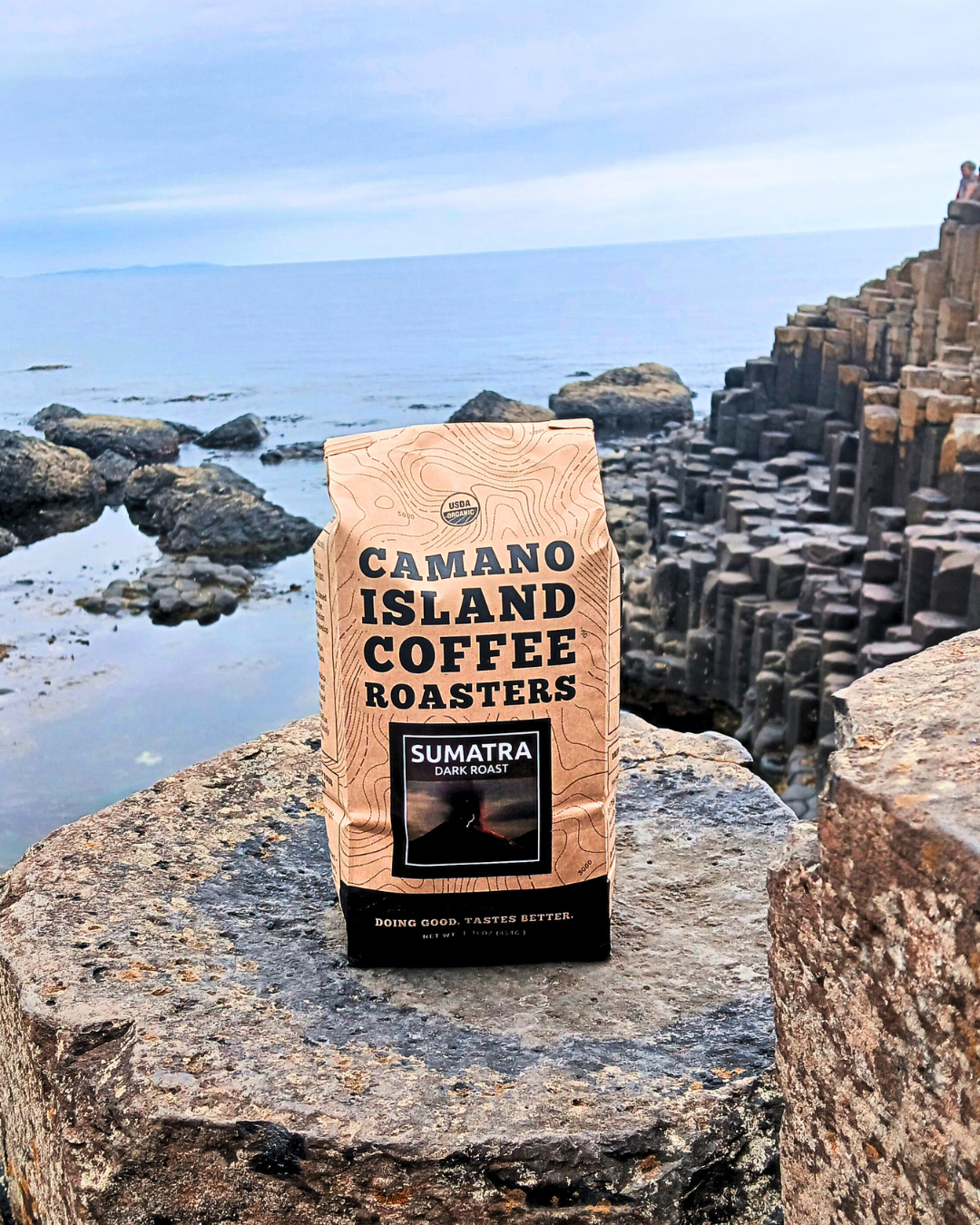
Christmas Coffee Traditions From Around the World
No matter where you travel in the world, Christmas traditions have a way of bringing people together. When those traditions involve coffee, they take on an extra touch of holiday warmth and magic.
Sweden: Have you heard of Fika? It’s the Swedish tradition of taking a pause in the day for warm drinks and something sweet. During the holiday season, fika gets an extra touch of magic! There’s saffron buns called lussekatter, spiced ginger cookies, and a warm drink like mulled wine or coffee. Families, friends, and coworkers gather around tables to savor both the treats and the conversation. It’s slow, simple, and exactly what December should feel like. Sounds lovely!
Ethiopia – Coffee is an important part of Ethiopian culture, and it’s celebrated in style during Gena. Gena is the Ethiopian Christmas and is celebrated on January 7th rather than December 25th.
Families often perform the traditional coffee ceremony, which turns brewing coffee into a ritual. Beans are roasted and then ground by hand, and brewed in a special pot called a jebena. The coffee is served in three rounds, each one a little lighter than the last. It’s a moment to linger, talk, and celebrate the season together.

Colombia – In Colombia, the Christmas season is a big festive affair. From December 16th to Christmas Eve, families gather each night for the Novena de Aguinaldos, a mix of prayers, songs, and shared meals.
Two treats always show up: natilla – a creamy custard, and buñuelos – fried cheese fritters. A warm drink is often paired with the treat, usually hot chocolate or coffee. This isn’t a formal ritual, but it’s usually part of the informal, communal aspect of the novena gatherings, which focus on family, friends, food, and caroling.
Austria & Germany – Walk into any Austrian or German home in December, and you’ll likely find the kitchen bustling with cookie baking. Vanillekipferl, lebkuchen, and cinnamon stars are very popular.
And then there’s the coffee. German and Austrian culture have a tradition called Kaffee und Kuchen (coffee and cake). This is where friends and family gather in the afternoon for coffee and baked goods. This isn’t specific to Christmas time, it’s just part of daily life but it is especially popular on weekends and holidays. The baking process at Christmas time naturally ties into the Kaffee und Kuchen ritual.
The cup that connects us – As we explore these coffee traditions from around the world, we’re reminded that the joy of the season is often found in the simplest moments. Sharing a warm cup, a sweet treat, and time with the people we love.
This holiday season, no matter how you celebrate, take a minute to enjoy your coffee (and maybe even with a treat or two!)
Happy Holidays!


